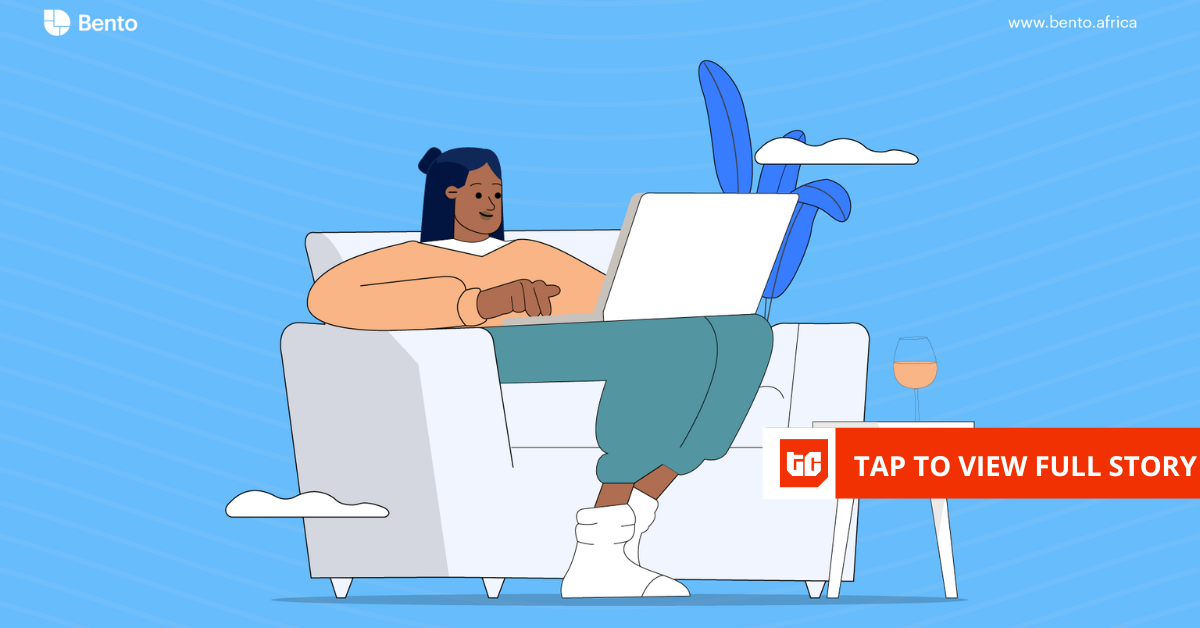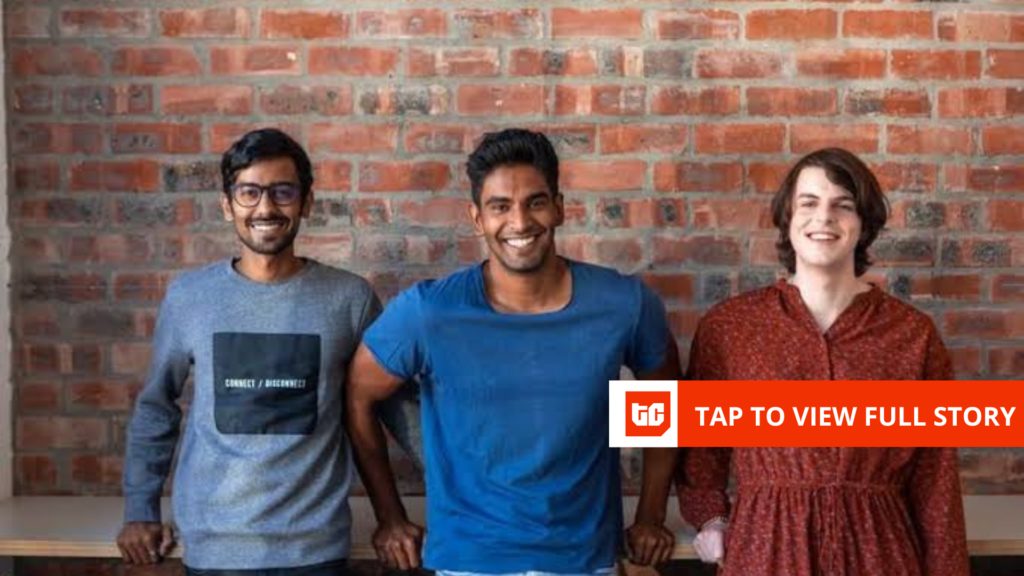Every entrepreneur dreams of mastery. Of reaching that point where decisions feel easy, where success feels certain, where expertise eliminates doubt.
But there’s a hidden cost to deep expertise that nobody talks about – one that becomes more apparent the more successful you become.
The more you learn about building companies, the harder decisions get. The more you understand your market, the less certain you feel.
And counterintuitively, this growing uncertainty isn’t a sign that you’re doing something wrong. It’s evidence that you’re evolving into the kind of operator who builds lasting companies.
Because most people think expertise brings clarity.
They’re wrong.
Last month, I sat with three founders at a private dinner in Miami. Combined valuation? Over $3 billion. But they weren’t talking about their successes. Instead, they were sharing something more interesting: how much more uncertain they feel now than when they started.
One of them said something that stopped me cold:
“The more I learn about building companies, the less confident I am about every decision. Five years ago, I thought I knew everything. Now? I see a thousand ways each choice could go wrong.”
The Hidden Pattern in High Performance
This isn’t just about founders. This pattern shows up everywhere once you start looking for it:
- The senior engineer who takes longer to ship code because they can see all the edge cases.
- The experienced investor who feels less certain about deals because they’ve seen how many ways things can fail.
- The veteran CEO who spends more time on decisions because they understand the ripple effects.
But here’s what makes this fascinating: This increasing uncertainty isn’t a bug in your development. It’s a feature of true expertise.
Think about your own journey:
- Remember when decisions felt simple?
- When solutions seemed obvious?
- When you could make choices quickly without seeing all the complexities?
That wasn’t because you were better then. It was because you were blind to what you didn’t know.
The Mathematics of Doubt
Let me show you why this happens at a fundamental level.
Every level of expertise you gain doesn’t just add new knowledge – it multiplies the variables you can see. The interactions you can spot.
The complexity you can comprehend.
Here’s how it breaks down:
The Beginner’s Mind:
- Sees 5 variables
- Considers 10-15 interactions
- Feels confident because the scope seems manageable
The Intermediate’s View:
- Sees 15 variables
- Considers 50-100 interactions
- Starts feeling the weight of complexity
The Expert’s Reality:
- Sees 50+ variables
- Must consider 1000+ potential interactions
- Understands the true scope of uncertainty
But here’s where it gets really interesting…
As you gain true expertise, your brain develops two capabilities at different rates:
- Your ability to solve problems
- Your ability to see problems
The second one? It grows faster. Much faster.
Think of it like this:
The Awareness Gap:
- At 2 years in: You can spot 100 potential issues but solve 80
- At 5 years in: You can spot 500 issues but solve 300
- At 10 years in: You can spot 1000+ issues but solve 600
This creates what I call the “Expert’s Burden” – your awareness of complexity grows faster than your ability to handle it.
Why High Performers Struggle More
Here’s what makes this especially brutal for high performers:
Your success depends on decisive action, but your expertise reveals exactly why everything could go wrong. The more you learn, the heavier each decision becomes.
Think about what happens as you gain true expertise. At first, you operate with what I call “beginner’s confidence” – that beautiful state where decisions feel clear because you can’t see their complexity. Your ignorance becomes your superpower. You move fast precisely because you don’t know what could break.
Then something shifts.
As your knowledge deepens, you start seeing systems instead of isolated decisions. Every choice reveals its hundred potential consequences. What used to take days now takes weeks – not because you’re slower, but because you can see more clearly what’s at stake.
The three phases look like this:
First comes the Confidence Phase, where you know just enough to act decisively. Everything feels clear because your vision is still simple.
Then hits the Crisis Phase, where your rapidly expanding knowledge shows you just how much could go wrong. Your confidence decreases as your awareness increases. Each decision feels heavier because you can see its full implications.
But if you push through, you reach the Integration Phase. This is where expertise becomes power. You learn to operate with uncertainty rather than despite it. Your doubt transforms from a burden into sophisticated judgment.
The same awareness that makes decisions harder also makes them better. Your uncertainty isn’t a weakness – it’s your evolved understanding expressing itself.
The Hidden Power in Uncertainty
Most people run from uncertainty. They see it as a weakness, as proof they don’t know enough. But here’s what changes everything: your growing uncertainty isn’t a flaw – it’s evidence of your expanding expertise.
Think of it like this:
When you first start anything, certainty comes cheap. You haven’t seen enough fail to doubt your decisions. You haven’t watched enough strategies crumble to question your assumptions. Your confidence flows from your limited view.
But then something shifts.
As your expertise deepens, you begin seeing layers that others miss. Every decision reveals new complexities. Every strategy shows its hidden weaknesses. What looked simple became sophisticated.
This is why the truly elite operators often sound the least certain. They’re not confused or weak – they’re just aware of what others can’t see.
The Science of Expert Uncertainty
In their pivotal 2009 paper “Conditions for Intuitive Expertise” published in American Psychologist, Daniel Kahneman and Gary Klein studied when expert intuition can be trusted. Instead of just asserting that more expertise leads to better decisions, they found something more nuanced: expertise only develops effectively in environments with clear feedback and opportunities to practice.
Think about what this means for decision-making:
Expertise isn’t just about accumulating knowledge – it’s about developing sophisticated pattern recognition through repeated exposure and clear feedback loops. When those conditions exist, experts can process complex scenarios rapidly in ways that novices can’t match.
This translates directly to business:
True expertise doesn’t mean simpler decisions – it means better ways of navigating complexity. Kahneman and Klein found that the best performers aren’t those who are most certain, but those who can effectively hold multiple competing scenarios in mind while still taking decisive action.
This explains something crucial about your journey:
Your growing uncertainty isn’t a flaw – it’s a natural result of developing true expertise. As your pattern recognition deepens, you see more variables, more connections, and more potential outcomes than ever before.
Your uncertainty isn’t your enemy. It’s your edge.
But what makes this journey so challenging is that as your expertise grows, you start carrying weights that others can’t even see:
- Every past failure becomes a lesson that complicates future decisions.
- Every success shows you how many things had to go right.
- Every experience adds another layer of nuance to consider.
It’s like trying to sprint while carrying an invisible backpack that gets heavier with each step.
This creates a unique kind of pressure:
- Your team wants clear answers, but you see endless nuance.
- Your investors want confident projections, but you see countless variables.
- Your market wants decisive action, but you see intricate dependencies.
And here’s the real kicker: The more successful you become, the more this intensifies.
Why?
- Bigger decisions
- Higher stakes
- More complex systems
- Larger ripple effects
The Expert’s Evolution
But here’s where it gets interesting. At some point, something shifts:
You stop fighting the complexity. You start using it.
Your uncertainty becomes a tool rather than a burden.
This happens when you realize:
- Being less certain makes you more accurate.
- Seeing more problems helps you build better solutions.
- Understanding complexity leads to simpler strategies.
- Your doubt is actually sophisticated pattern recognition.
When Doubt Transforms into Power
Most people never grasp what really happens as you gain deep expertise. They think the goal is to eliminate uncertainty. To become so knowledgeable that doubt disappears.
They’re looking at it backward.
The Power of Sophisticated Uncertainty
True expertise doesn’t eliminate uncertainty – it transforms it. The same awareness that makes you pause before decisions also lets you spot opportunities others miss. Your slower pace isn’t a weakness – it’s the foundation of systems that actually scale.
Think about how your mind evolves as expertise deepens:
First comes pattern recognition. You start seeing rhymes in chaos. Market shifts whisper to you before they’re obvious. Team dynamics reveal themselves in subtle signals that others miss entirely.
Then develops strategic depth. You stop thinking in simple steps and start seeing entire systems. Each decision reveals its ripple effects.
You map implications that others can’t even imagine.
Finally emerges what I call nuanced execution. You move not just with speed, but with precision. Every action considers scale. Every choice leaves room for adaptation.
The Reality of Elite Performance
The best operators don’t fight their doubt – they leverage it. Their uncertainty becomes a lens that reveals opportunities. Their awareness of complexity becomes their strategic advantage.
This is why true expertise often feels like a paradox: The more you know, the more questions you have. The deeper your understanding, the greater your uncertainty.
But that’s exactly what makes it valuable.
Because while others rush to judgment, you see the full picture. While others chase certainty, you navigate with sophistication. While others follow formulas, you move with nuance.
Your doubt isn’t your weakness. It’s your evolved understanding expressing itself.
The Path Forward
Here’s what changes everything:
The moment you realize that your increasing uncertainty isn’t a weakness – it’s your evolved understanding expressing itself.
This shifts:
- How you make decisions
- How you lead teams
- How you build systems
- How you navigate complexity
Because here’s the truth about expertise:
It’s not about having all the answers. It’s about having the sophistication to ask better questions.
It’s not about being certain. It’s about being capable despite uncertainty.
And that sophisticated uncertainty? That’s your superpower.
Use it.
Until next week,
Scott
P.S. Next time you feel that doubt creeping in about a decision, remember: You’re not losing confidence. You’re gaining sophistication. Big difference.









